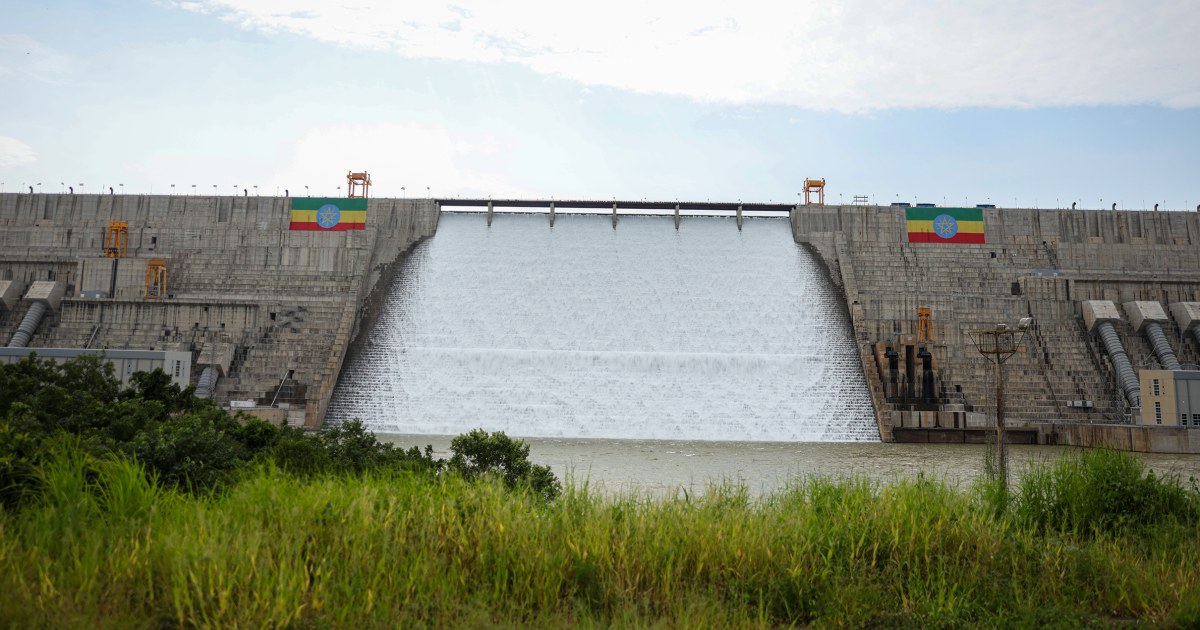
The ongoing conflict in Gaza has intensified divisions within Israeli society, challenging the nation’s self-identity and international standing. As the war continues, Israel faces unprecedented isolation from various global and regional actors, amplifying internal debates about its policies and future.
Public sentiment in Israel is increasingly polarized. Many citizens feel that the government’s actions in Gaza have not only exacerbated tensions with the Palestinian territories but also strained relationships with traditional allies. This situation has led to calls for a reassessment of Israel’s military and political strategies. According to a recent survey conducted by the Israeli Institute for Democracy, approximately 60% of respondents believe that the current approach to the conflict is failing to achieve lasting peace.
International Reactions and Regional Dynamics
The international community has reacted with concern over the humanitarian impact of the conflict. The United Nations has reported significant casualties in Gaza, with over 20,000 people displaced since the start of hostilities in March 2023. These developments have prompted numerous protests and calls for cease-fires in various countries, including the United States and European nations.
Israel’s relations with Arab nations have also been affected. While the Abraham Accords initially opened pathways for normalization of ties with several Arab states, the current conflict has led to a retraction of some diplomatic gestures. The Palestinian Authority has condemned Israeli actions, further complicating efforts for peace. Notably, Jordan and Egypt, traditionally key mediators, have expressed discontent with Israel’s military tactics.
Domestic Challenges Amid the Conflict
Internally, the war has magnified existing social fractures. Civil society organizations have voiced dissent against government policies, arguing that military interventions have disproportionately affected civilians. Activists have organized rallies, urging the government to pursue diplomatic solutions rather than military escalation. According to reports from various NGOs, many Israeli citizens are advocating for a more humanitarian approach to the crisis.
The Israeli Defense Forces (IDF) have maintained their stance, asserting that military operations are necessary to combat threats from Hamas. Yet, this approach has led to a growing debate about the long-term implications for national security and public opinion. A significant portion of the Israeli populace is now questioning whether military actions are fostering further animosity and violence rather than bringing about stability.
As the conflict persists, the implications for Israel’s future remain uncertain. The challenges posed by this prolonged war may force a reevaluation of longstanding policies and strategies, both domestically and internationally. For many Israelis, the path forward is fraught with complexity, requiring a delicate balance between security concerns and the pursuit of peace.
In conclusion, as Israel grapples with its identity during this tumultuous period, the broader implications of the conflict will likely resonate for years to come, shaping both its internal dynamics and international relationships.







